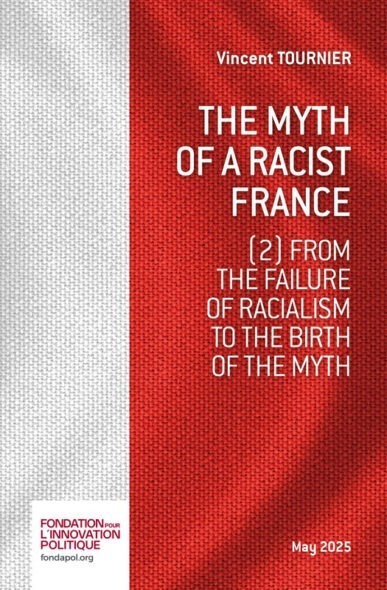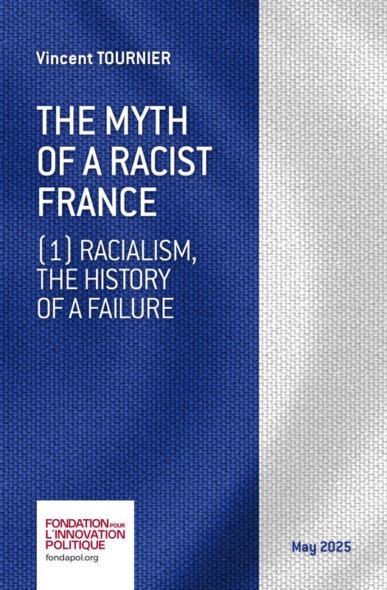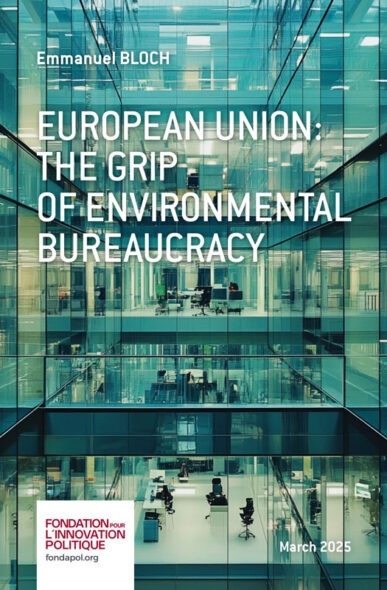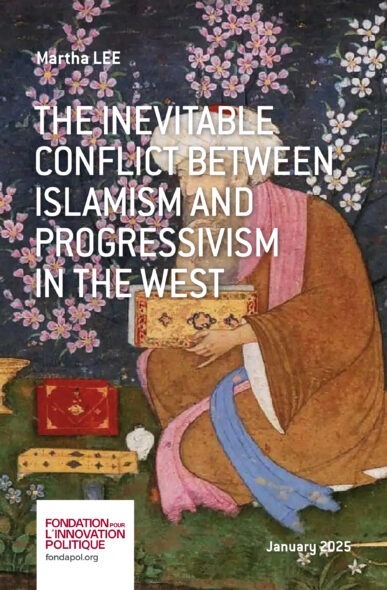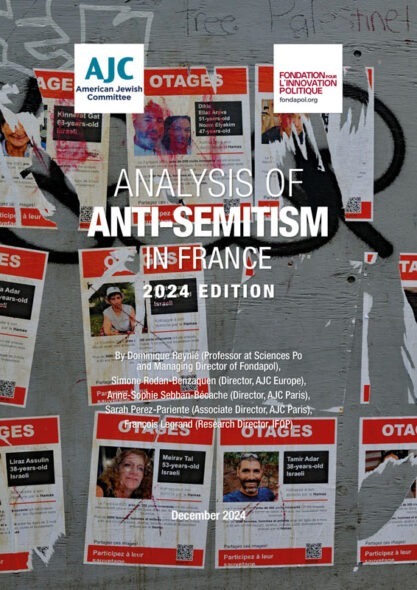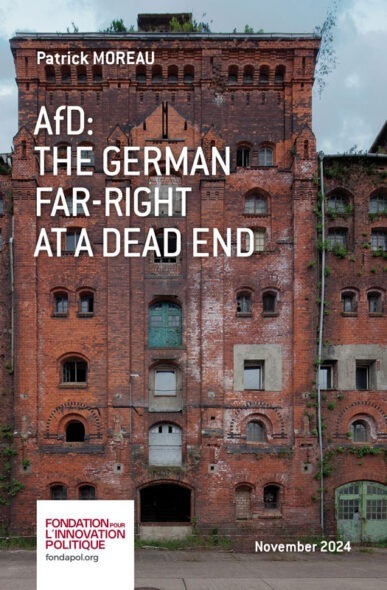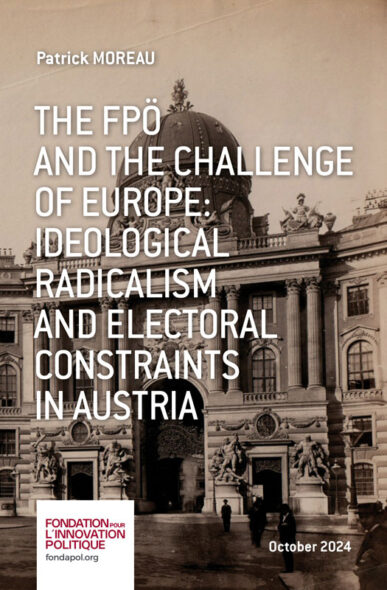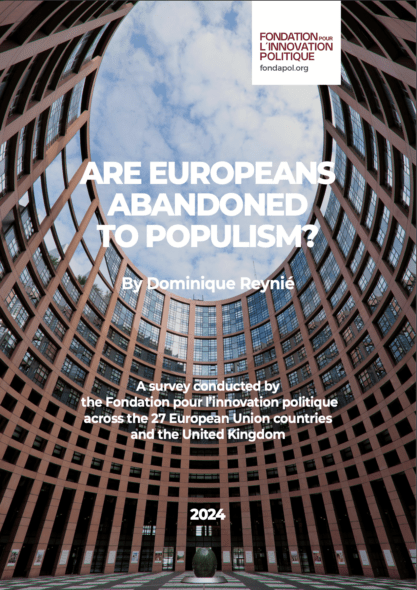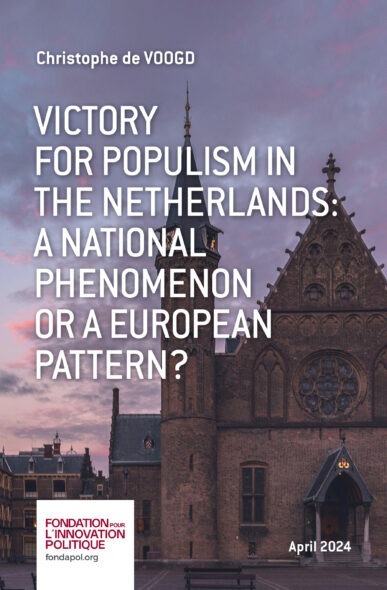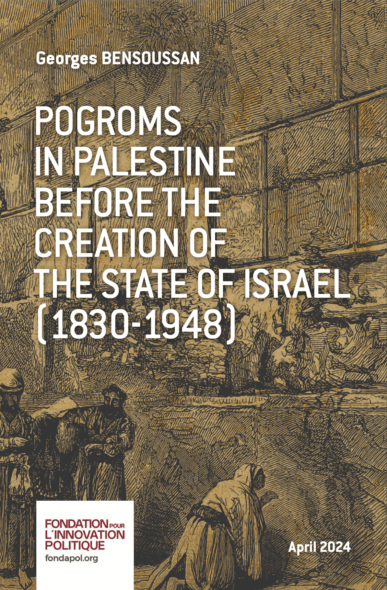Freedom: A resurgence of concern
Dominique Reynié | 28 February 2022
Speech delivered on the occasion of the 31st “Journée du Livre Politique” [Political Book Day] at the French National Assembly on 12 February 2022
In this first quarter of the 21st century, historic movements are bringing our political life back to authenticity. We seem unable to measure the scale of the shift that is taking place, too absorbed in the desire not to disrupt the peaceful course of our lives. As we have lived in free, peaceful and prosperous nations for so long, we end up confusing this “for so long” – which will have lasted only one human lifetime – with “for eternity”. The idea that freedom is granted to us forever is the result of the fact that we have become accustomed to enjoying it. This belief is an illusion specific to societies who enjoy freedom. We do not get used to tyranny, but we do get used to freedom, and that is why freedom is so fragile.
We have already left the world created by the end of the Second World War, when a period of democratic transition began and lasted until the early years of the 21st century. Now we are entering a new major historical sequence. For the last twenty years or so, we have been observing a reverse process, similar to a new cycle, but this time one of authoritarian transition. And this regression has not spared the democratic entities that once appeared to be more stable. This is illustrated by governments and political parties within the European Union that question the rule of law and presume that they want to separate the idea of democracy from the idea of freedom, by claiming to be “an illiberal democracy”, often presented under the guise of “sovereignism”.
Once again, totalitarian states are committed to opposing our freedom
Our vulnerability has not gone unnoticed. New tensions are emerging with authoritarian regimes. Reminiscent of the Cold War, these powers reject a political model based on the interweaving of individual and collective freedoms. Perhaps the war between totalitarian and democratic states will not occur, or not yet. Perhaps it has already begun. But in politics, resorting to war and violence are forms of authenticity, the ultima ratio. The test of the truth. But tyranny has never lacked determination to fight against freedom, whereas freedom has often appeared hesitant when it comes to fighting tyranny. The emerging crisis is a new one, and we can note at least one major difference with the Cold War. Most authoritarian regimes do not reject the capitalist economy, least of all globalisation. Not only does the new economy and its associated innovations no longer destabilise regimes opposed to freedom, but they enrich and strengthen them. The best example is China, whose rise to power has been accelerated by its accession to the World Trade Organisation in 2001. These authoritarian states are undoubtedly confident that a new page is being turned, that the time has come for them to take control of the world and that the historical cycle of freedom is drawing to a close. These tyrants are eager to put an end to the free world, the very existence of which is an obstacle to the continuity of their model. This is reflected in their need to use the term “democratic” to describe their systems. Thus, Xi Jin Ping’s China claims to be achieving democracy in the construction of a “socialist democracy with Chinese characteristics” that Beijing opposes to the “American-style democracy”. Moreover, by calling its own model a “global democracy”, China is not only touting its efficiency to the Chinese, but is also striving to make it a model for the world. The tyrants are eager to end freedom since it threatens to spread among their people, as one of the consequences of their enrichment through globalisation, and in the emergence of the educated middle classes, soon to seek emancipation.
“Islamism is fascism”
“Islamism is fascism. It must be fought tooth and nail”, strongly asserted the Communist Party’s presidential candidate Fabien Roussel, on 26 January 2022. Indeed, for two decades now, since 11 September 2001, Islamism has been waging an open war against our freedoms, against our freedom of opinion and freedom of the press, against equality between men and women, and against the freedom to choose who you are or who you love. In the land of freedom, Mila is still deprived of her own freedom. In the land of equality, Mila is still a recluse. In the land of fraternity, Mila is still threatened with decapitation. A constantly increasing number of our fellow citizens are placed under police protection, because they are writers, journalists, lawyers, elected representatives, academics, because they are Jews, because they are Muslims fighting against Islamism, all of them for expressing their opinions, for doing their jobs, their duties, for exercising their freedoms. And the Jews because they are Jews. Since February 2006, we are aware that eleven French people have been murdered because they were Jews, and all victims of killers of Muslim faith. On 13 February 2006, Ilan Halimi, on 19 March 2012, Gabriel Sandler, 3 years old, Arié Sandler, 6 years old, their father Jonathan Sandler and Myriam Monsénégo, 8 years old, on 9 January 2015, Philippe Braham, Yohan Cohen, Yoav Hattab, François-Michel Saada, on 4 April 2017, Sarah Halimi, on 23 March 2018, Mireille Knoll. In March 2022, France will commemorate ten years since the killings committed by Mohammed Merah. Are we prepared to take a step back and assess this decade, which has seen 55 Islamist attacks in France costing the lives of 298 people? The enemies of society’s freedom, violently hostile to one another, are also mutually reinforcing each other in a fearsome dialectic. A decade that will have seen suspicion and amalgams weigh heavily on all Muslims. A decade of surveillance and exceptional rules adopted in haste, but whose inclusion in common law remains a temptation for any government – including democratic ones – as well as a desire for any population, regardless of its love for freedom. It is true that the conflict of identities and religions, populism, authoritarianism, racism and anti-Semitism have never been so prevalent in our democratic societies as they have been since the 1930s.
Digitalization, a new threat to our freedoms
However, our freedoms are still being challenged by the rise of a new digital and transnational public space. This time, the source of the upheaval does not come from outside the democratic world, nor does it come from a foreign power, nor even from a country hostile to liberal values. On the contrary, it comes from remarkable technological innovations developed by companies whose performances are precisely the result of liberal freedoms: the Big Tech companies. However, although they are making extraordinary progress in integrating a vast majority of people into the world of media, digital platforms have gained powers that are highly problematic. What happens to our freedoms if the legislation emanating from elected assemblies is unable to regulate these freedoms and incapable of safeguarding them? What happens to democracies if the institutional protection of freedoms is silently shifted from elected, pluralistic parliaments to these monopolistic, non-national corporations? It becomes difficult not to acknowledge in them a contemporary expression of the “soft despotism” feared by Tocqueville.
The world is not only globalized. It is now also digitalized. If coding is the new medium used to draw borders, boundaries, create spaces and build institutions or systems, then how can we say what our political regime is with any certainty? Where are these free-living countries if their borders are made up of codes and we are not allowed to know about them? If we live by a code and if we are not the makers and owners of that code, where do we really live and under what law? Under what kind of sovereignty can we still ensure our freedoms?
A section of academia wants censorship
And what can we say about the risk – the reality of which we can sense – that freedom of opinion will no longer be spared in the one place it should be protected, i.e. at university. Universities are responsible for preparing the generations that will carry, defend and deploy our freedom in tomorrow’s world. Who else if not universities? Inevitably, the decline of academic liberties would threaten the whole edifice of our freedom. Universities would lose their raison d’être if they did not react against the deadly spiral of intolerance, censorship, and soon violence. The fight against unjustified inequalities and the struggle against discrimination have always been principles that are inseparable from the need for freedom. Today – in a reversal of dizzying cynicism – it is in the name of these same principles that hyperactive minorities claim they want to reduce our freedoms.
Environmentalism must defend representative democracy
One cannot ignore the issue of global warming. We know that the more democratic the regime, the more successful the mobilization against global warming is, due to the pressure that citizens put on their governments. The success of the fight against global warming will not only depend on the sustainability of the democratic model but also on its global dissemination. Defending freedom worldwide means protecting our climate. However, we cannot make the fight against global warming so compulsory that it risks our own freedoms. We can already see, in some environmentalist papers, the appearance and development of an idea of government which clearly considers – in the name of the climate imperative – limiting the role of elections in public decision-making, on the grounds that voters would not be sufficiently willing to make the efforts embodied in more pressing environmentalist programmes. The climate emergency cannot be more important than freedom. It is absurd, irresponsible, contradictory and unacceptable to pretend to place the climate above freedom. Elections and universal suffrage are both expressions and achievements of our individual and collective freedoms.
We must once again defend our freedom
Let us work towards economic growth and scientific and technical innovation. Let us guarantee and deploy the resources and wealth with which we will meet the demands of social and human progress. The democratic world must revive its aspirations for power – including military power – in order to guarantee its security in a world in which more dangerous states clearly consider us to be weaker. Let us lead the fight against ignorance as well as the fight against disinformation. There will be no democratic regimes if we are no longer able to provide the majority of people with the education and information that their freedom requires. Finally, it must be said that the desire for freedom is not European, it is not Western. It is the hallmark of humanity. This is why so many artifices, so much violence, so many political and religious dogmas, are needed to prevent humanity from reaching its own condition. Autocrats know, sometimes better than we do, how powerful the human aspiration to freedom really is. They fear freedom more than anything else. But we still enjoy it, in spite of everything. And if we must learn once again to defend our civil liberties, if we must learn once again to fight for freedom, it is of course in order to pass it on to future generations, but it is also so that the large part of humanity that aspires to be free today – often in fear and in secret – can enjoy their freedom, because they have just as much of a right to live freely too.

